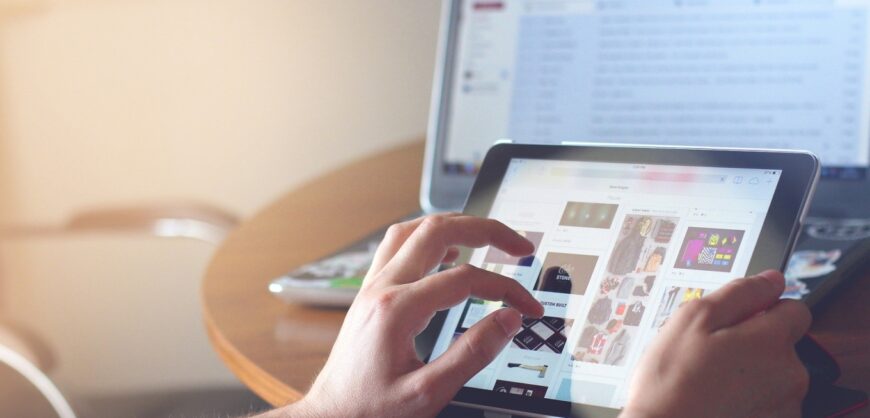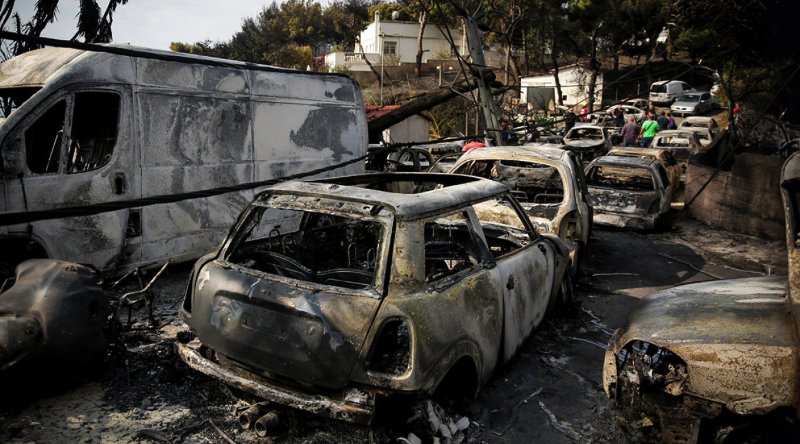Big tech companies such as Google, Facebook, and Twitter cannot be prosecuted based on complaints from relatives of terrorist attack victims who accuse the companies of helping the Islamic State spread its propaganda.
The Supreme Court sidestepped a ruling Thursday on the legal shield that protects internet companies from lawsuits relating to content posted by users in a case concerning allegations that YouTube was liable for suggesting videos promoting violent militant Islam.
In a brief unsigned opinion, the court did not decide the legal question of whether liability protections enshrined in Section 230 of the Communications Decency Act safeguard YouTube’s alleged conduct.
That is because, in a related case involving similar allegations against Twitter, the court ruled unanimously Thursday that such claims could not be brought in the first place under a federal law called the Anti-Terrorism Act. As a result, both the YouTube and the Twitter lawsuits are likely to be dismissed without courts’ needing to address the Section 230 issues.
“This is a huge win for free speech on the internet. The court was asked to undermine Section 230 — and declined,” said Chris Marchese, a lawyer at NetChoice, a trade group for tech corporations.
The YouTube lawsuit accused the company of bearing some responsibility for the killing of Nohemi Gonzalez, an American college student, in the 2015 Paris attacks carried out by the Islamic State terrorist group.
In the Twitter case, the company was accused of aiding and abetting the spread of militant Islamist ideology in way that contributed to the death of a Jordanian citizen in a terrorist attack.
source nbcnews.com




































